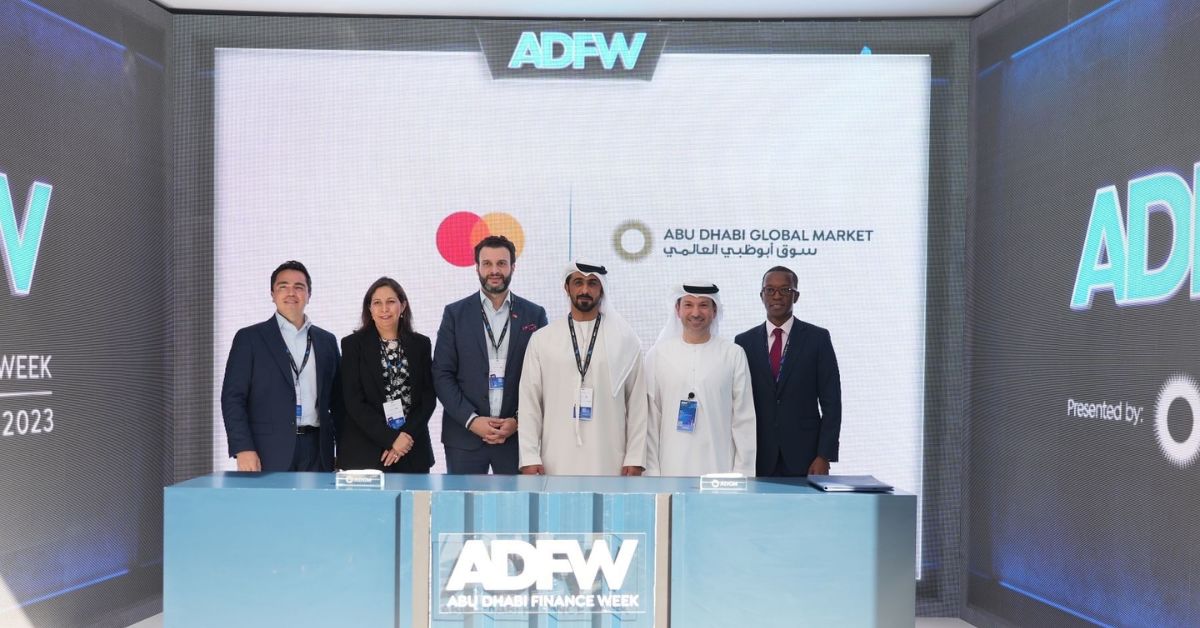DUBAI — The allure of FinTech in the GCC is its potential to enhance financial inclusivity, efficiency, and accessibility. From Central Bank Digital Currencies (CBDCs) to decentralized finance (DeFi), open banking, and AI-driven services, the region is witnessing a wave of innovation reshaping how individuals and businesses interact with financial systems.
However, despite the promise and potential of the GCC FinTech sector, entrepreneurs in this space face challenges. Navigating the complex intersection of finance and technology, they encounter obstacles that demand strategic thinking, adaptability, and resilience.
These challenges, rooted in the region’s unique financial landscape, regulatory environment, and consumer behavior, shape the entrepreneurial journey in the GCC FinTech sector.
Adoption of CBDC: A Game-Changer for Cross-Border Transactions
Globally, CBDCs are gaining momentum, and the GCC is no exception.
Red-Mad-Robot’s recent report emphasizes that integrating CBDCs into financial systems facilitates cross-border transactions, retail payments, and innovative applications. With the potential to improve financial inclusion and reduce central banks’ production costs, CBDCs are becoming a pivotal element in the region’s FinTech landscape.
Development of DeFi and Crypto: A Unique Dynamic in the Middle East
The Middle East’s decentralized finance (DeFi) market is experiencing a unique dynamic. Some countries are embracing cryptocurrencies, while others are creating regulatory frameworks to attract crypto firms.
The report, “FinTech Trends in 2024: Navigating the Future of Financial Technology in the Middle East,” suggests that this trend could lead to the development of the tokenization of real-world assets and the adoption of stablecoins as viable payment methods, both online and offline.
Open Banking: A 25% Annual Growth Prospect in Arab Countries
The GCC’s banking systems are set to evolve, enabling startups and traditional banks to create innovative financial services across various verticals. The report forecasts a remarkable 25 percent annual growth in the open banking market in Arab countries over the next five years, potentially reaching US$ 1.17 billion.
As traditional banks in the Middle East grapple with high costs and slow service delivery, niche FinTech services are gaining traction. The report suggests that new FinTech products, particularly those catering to gig workers, may emerge, offering innovative solutions and challenging the status quo.
Green FinTech and Sustainable Finance: A Focus on ESG Practices
FinTech companies and banks in the GCC are increasingly incorporating Environmental, Social, and Governance (ESG) practices into their products and operations. This includes developing special features and products aligned with sustainable finance, contributing to environmentally conscious financial solutions.
AI-Driven Business and Services: Enhancing Customer Experience
Most FinTech companies and banks are leveraging Artificial Intelligence (AI) to differentiate their products and services. The focus is on integrating AI capabilities into digital products to generate additional revenue and enhance the overall customer experience. The report anticipates widespread use of AI in operations, fostering new applications and advancements.
Enhanced security and authentication methods are a priority for FinTech companies in the GCC. Traditional forms of authentication, such as passwords and PINs, are being replaced by more secure biometric options like fingerprint technology and iris recognition, especially at ATMs and in mobile apps.
Challenges with CBDC Implementation: Infrastructure, Privacy, and Regulatory Concerns
While CBDCs offer significant advantages, their implementation comes with challenges. These challenges include designing secure payment systems, addressing privacy concerns, and navigating legal and regulatory landscapes. Awareness programs are crucial to ensuring financial literacy among the population.

Digital Dirham, Digital Dinar, and Aber: CBDC Initiatives in the GCC
The report highlights specific CBDC initiatives in the GCC, such as the implementation of the Digital Dirham by the Central Bank of the United Arab Emirates and the exploration of a Digital Dinar by the Bank of Bahrain.
The Aber project, a wholesale central bank digital currency (wCBDC), aims to improve international remittances and domestic payment settlement in Saudi Arabia and the UAE.
According to the Chainalysis report, the Middle East is emerging as a significant player in the developing crypto market. With an estimated US$ 389.8 billion in on-chain value received between July 2022 and June 2023, the region ranks as the sixth-largest crypto economy globally.
The UAE alone received nearly US$ 35 billion in cryptocurrency transactions during this period, highlighting the region’s growing interest in cryptocurrencies.
Islamic FinTech Growth: A Booming Market in the GCC
The Islamic FinTech sector is experiencing rapid growth, with the global market expected to reach US$ 179 billion by 2026. While the majority of Islamic FinTech companies are based in Malaysia and the UK, the largest market remains in the Middle East, including Saudi Arabia, the UAE, Iran, and Turkey. Islamic digital banks are anticipated to significantly enhance the accessibility of Islamic finance globally, with a focus on user-friendly platforms.
To sum it up, the FinTech landscape in the GCC is undergoing a transformative journey, marked by innovative technologies, regulatory developments, and a focus on sustainability. As the region continues to embrace digital financial solutions, the collaboration between traditional financial institutions and FinTech innovators will play a crucial role in shaping the future of finance in the Gulf.







